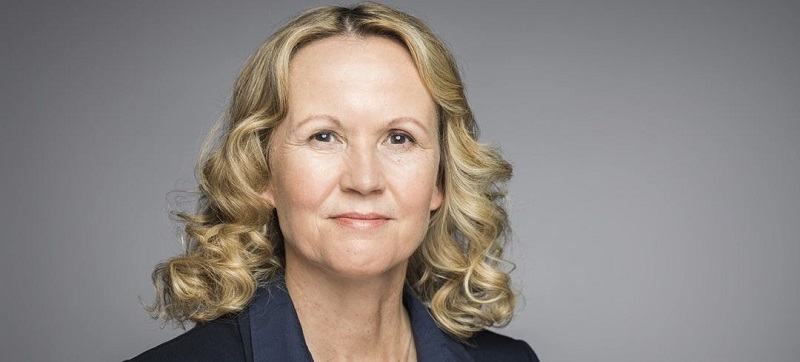The Council of EU environment ministers on Tuesday, June 28, 2022, adopted a common position on a regulation for deforestation-free supply chains. The new rules are intended to prevent timber, coffee, cocoa, palm oil, beef, soy and derivative products from entering the EU internal market in future if their production has caused deforestation.

The European Commission also informed the Environment Council about the publication of the long-awaited draft regulation on nature restoration. The legislative process on this key legal instrument can begin when the draft is tabled. Both instruments are important components of implementing the EU Biodiversity Strategy for 2030.
German Environment Minister, Steffi Lemke, commented: “The Environment Council’s decision is an important step towards better protection for forests worldwide. The decision of the EU member states sends an important message that the EU is honouring its responsibility to global forest conservation. It is taking concrete steps so that it will not worsen the climate change and biodiversity crises. We have made a good start. I hope that we will soon be able to go further and include additional products like natural rubber and other ecosystems like savannahs and wetlands in the regulation.”
The proposed regulation on deforestation-free supply chains sets out due diligence requirements for corporations making them responsible for ensuring that their supply chains are free of deforestation. The proposal also contains obligations for member states. Around 90 percent of global deforestation can be attributed to the expansion of agricultural land. Of the agricultural commodities grown on this land, around 16 percent are consumed in the EU, making the EU the world’s second largest driver of deforestation.
The general approach adopted by the Environment Council is the basis for further negotiation with the European Parliament and Commission in the trilogue process.
The proposed regulation on nature restoration takes a broad approach and focuses on the landscape as a whole. The plan is to give rivers more space, convert forests to make them semi-natural, rewet peatlands and restore habitats for insects like pollinators. Restoration also includes supporting marine ecosystems such as seagrass beds, kelp forests and salt marshes and planting new trees and creating urban green space in cities.
Lemke remarked: “If the EU truly wants to achieve its goals for biodiversity by 2030, we have to speed things up now. The tabling of the proposal is good news. The regulation is a major step forward that helps us flesh out the European Green Deal and Biodiversity Strategy. The current heat wave and the hot summers of the last few years are unmistakeable warnings. The German Action Plan on Nature-based Solutions will make a major contribution; we have €4 billion available for the plan until 2026. This means we can start implementation soon, and I am pushing for just that.”
In addition to the protected area targets, restoring nature is a major focus of the EU Biodiversity Strategy for 2030. In the coming months, the Council of the European Union and the European Parliament will negotiate the Commission’s legislative proposal. In Germany, the Federal Action Plan on Nature-based Solutions for Biodiversity and Climate will make a major contribution to achieving the EU targets on nature restoration.
General approaches to various other climate dossiers were also on the agenda today. These included the regulation on fleet-wide performance standards for passenger cars and light commercial vehicles, for which the BMUV has lead responsibility.
The EU partners also adopted common positions on the Emissions Trading Directive (ETS) including rules for aviation, the market stability reserve and the Social Climate Fund, on the Effort Sharing Regulation (ESR) for the building and transport sectors and on the LULUCF Regulation regarding natural carbon sinks. The Industrial Emissions Directive, the regulation on fluorinated greenhouse gases and the Eco-Design Directive are also on the agenda for discussion.
